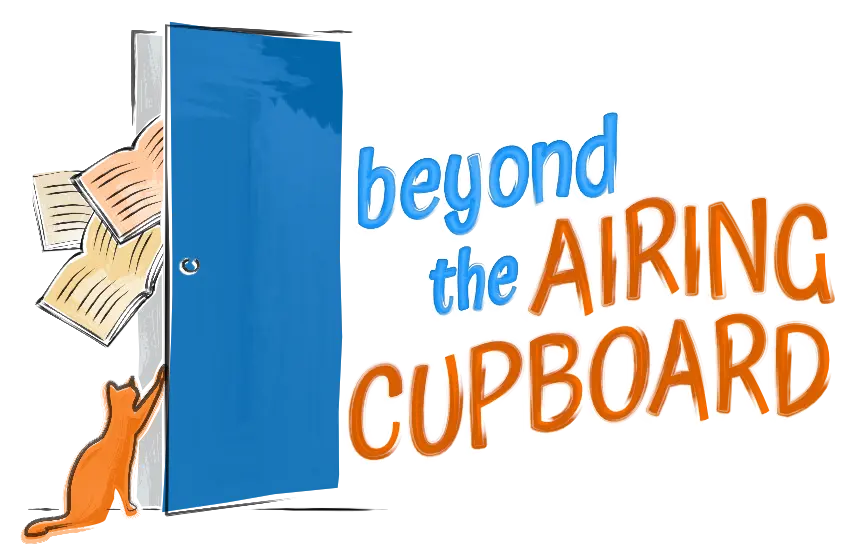In effect I met Bernard MacLaverty in front of the cash desk at Waterstones. Three of his books were there with one of those handwritten 4 sentence reviews by one of the booksellers. The shop wasn’t busy and I talked to the girl behind the counter for several minutes … and ended up buying the MacLaverty books, just as the shop had intended me to do.
MacLaverty grew up a Catholic in Northern Ireland. In 1975, at the height of ‘the Troubles’ he moved to Scotland with his wife and children. His books however, mostly quite slim, speak completely of life in Ireland: the divisions, the guilt, the egregious power of religion on everybody’s lives. MacLaverty’s stories are closely woven out of these threads.

Lamb is the surname of the main character, Michael Lamb. He is a brother, a monk in an Irish ‘home’ for difficult boys. There is a fairly obvious word play going on here as Jesus is seen as the lamb of God. Jesus sacrifices himself and gives his own life for the good of others. The story is about faith, relationships, particularly that of family and in the end simply about love.
Owen, a small, skinny boy arrives at the ‘home’ unloved, unwanted, illiterate and feisty in his defiance. This being his only way of dealing with life. As with all the inmates, Owen is beaten violently and frequently in order to force some godliness and compliance into him. Added to all this, he has epilepsy which requires daily medication.
Michael Lamb is progressively more and more ill at ease with the ethos of the monastery and when his father dies, leaving him some money, he realises that now he has the opportunity to change the path of his life and leave. He does this quietly, taking Owen with him. Running away is probably what turned out to be the easy bit of Michael Lamb’s plan. The rest was infinitely more difficult as he jumps rooms from hotel to London hotel in fear of being recognised and to escape the fact that Owen has wet the bed again. How quickly the money goes! After a chat in a scary bar, the two of them move into a room in a squat. Michael gets a job, meaning Owen is left alone all day. It dawns on Michael Lamb that he is living in a disaster and all he wants is for Owen to be happy and to know he is loved and valued.
By this stage in the story I had several scenarios in mind as to how this story might play out. All of them were very wrong. It is a great ending, both heart breaking and uplifting at the same time. I’m obviously going no further!
At the risk of being stereotypical, gracious there are so many great Irish storytellers. Years ago I loved living through those weighty volumes by Maeve Binchy. These big sagas covering Northern Ireland and the republic, frequently over several generations, depicting Catholic and Protestant lives and the danger, and with it the intoxicating fascination, of the two of them mixing.
Deep in the canon of 20th century Irish literature is Edna O’Brien. I re-read her trilogy called The Country Girls during lockdown times and now it is very difficult to see what all the fuss was about. However, in the 1960s the book was condemned by the church, trashed in bookshops and burnt in the streets. The writer had to flee to London for her own safety.
Ireland is a very different place to live then and now than England. The issues, morals and beliefs that fill peoples lives are so different. I find it unsettling but engrossing to read. I would not like to live in either Ulster or the Republic of Ireland but I do see how the many conflicts feed the mind of any writer and provide such rich and meaty fodder for any story.
And there is so much more: Colm Toibin and his book ‘Brooklyn’ which was made into a great film, Anne Enright and ‘The Gathering’ which was a Booker prize winner in 2007. It tells of the Hegarty family and the complicated dynamics within their large and various family. This is a very rich seam for authors to mine.
A book that I don’t have space to write about is: ‘Small things like these’ by Clare Keegan. Imagine a Magdalene laundry situated on a hilltop, looking down on a small community in rural Ireland. Reading it, I felt it was almost like a Christmas story involving love, hope and most importantly giving.
A Booker prize shortlister, this is an amazing read. If you would like to see more, then go to my blog: BeyondTheAiringCupboard.co.uk where you can find a full review.
Happy reading.
